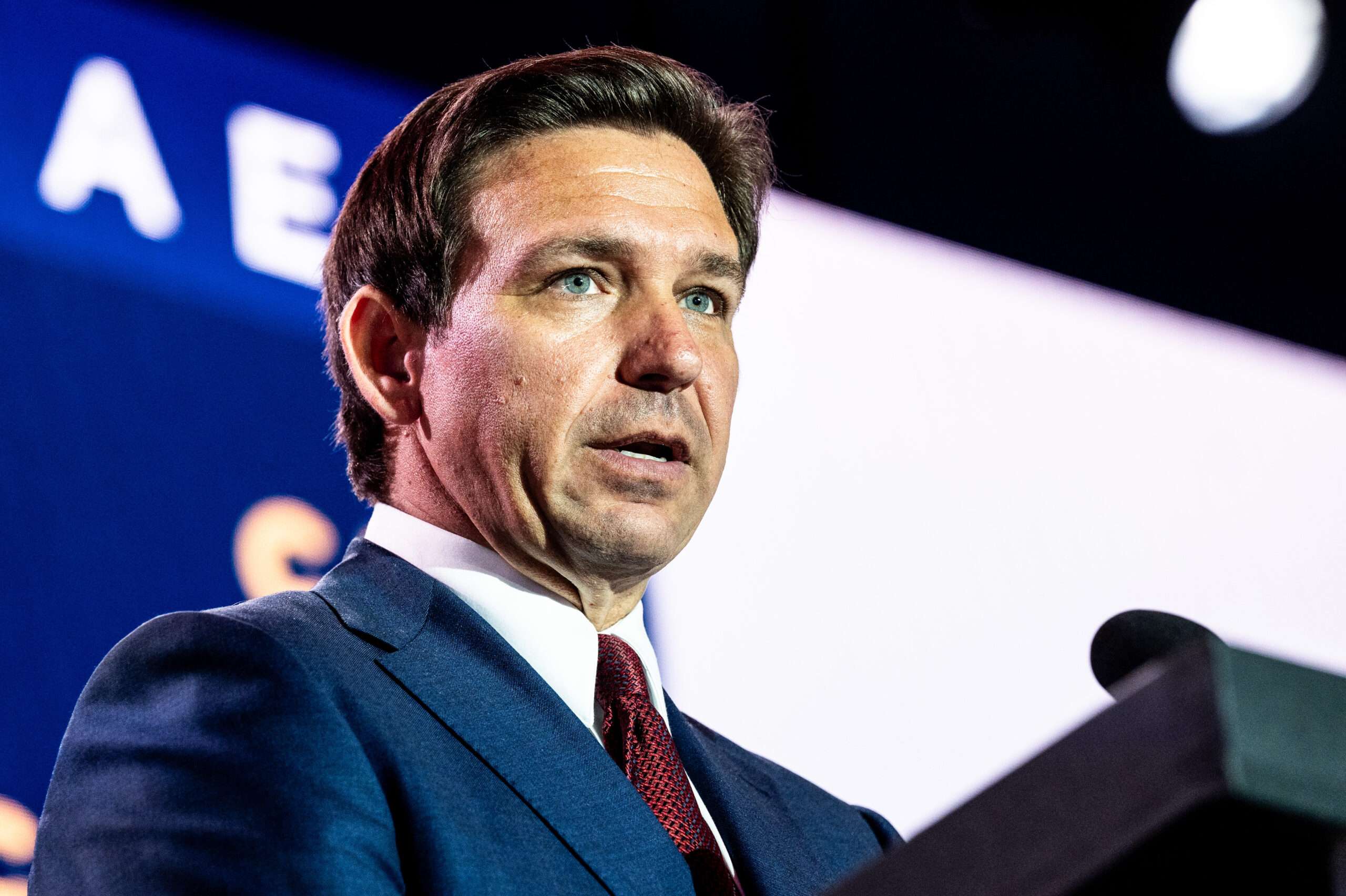Republican Florida Governor Ron DeSantis has signed a new law today that prohibits bystanders from approaching too close to police and other first responders.
The legislation, Senate Bill 184, makes it a second-degree misdemeanor to come within 25 feet of a first responder after being verbally warned to stay away. The law requires intent to interfere, threaten, or harass the first responder while they are performing their duties.
It also prohibits harassment of first responders, defining harassment as behavior “which intentionally causes substantial emotional distress to the first responder and serves no legitimate purpose.”
Similar laws with smaller buffer zones have been challenged in other states, but Governor DeSantis sees this law as part of Florida’s pro-law enforcement stance.
“I am proud to stand with the law enforcement officers across the state,” DeSantis stated during the bill signing, where he also approved legislation limiting the authority of civilian police oversight boards. “This legislation will ensure that law enforcement can carry out their duties without the threat of harassment. While other states criticize and defund the police, Florida remains the most supportive state for our law enforcement community.”
State lawmakers have introduced bills in various states to restrict the ability to film the police, citing incidents like those in South Carolina and Florida following the George Floyd protests in 2020. Supporters of such laws, including police unions, argue that officers should not have to deal with bystanders interfering with their work during arrests or investigations.
However, the right to observe and film the police has been upheld by multiple federal appeals courts as a fundamental First Amendment activity. Civil liberties groups and press organizations argue that these laws are overly broad and inhibit the free speech rights of citizens and reporters.
Last year, a federal judge overturned an Arizona law that restricted how closely people could film the police, ruling that it violated the core First Amendment right to record law enforcement officers.
Florida press freedom organizations have raised similar concerns about the new law.
“The terms used in the law are highly subjective and we believe they will have a chilling effect on the First Amendment rights of journalists and citizens to observe and record the activities of responders in action,” Bobby Block, executive director of Florida’s First Amendment Foundation, stated to the Orlando Sentinel. “Similar laws have been deemed unconstitutional by the courts for this reason.”





